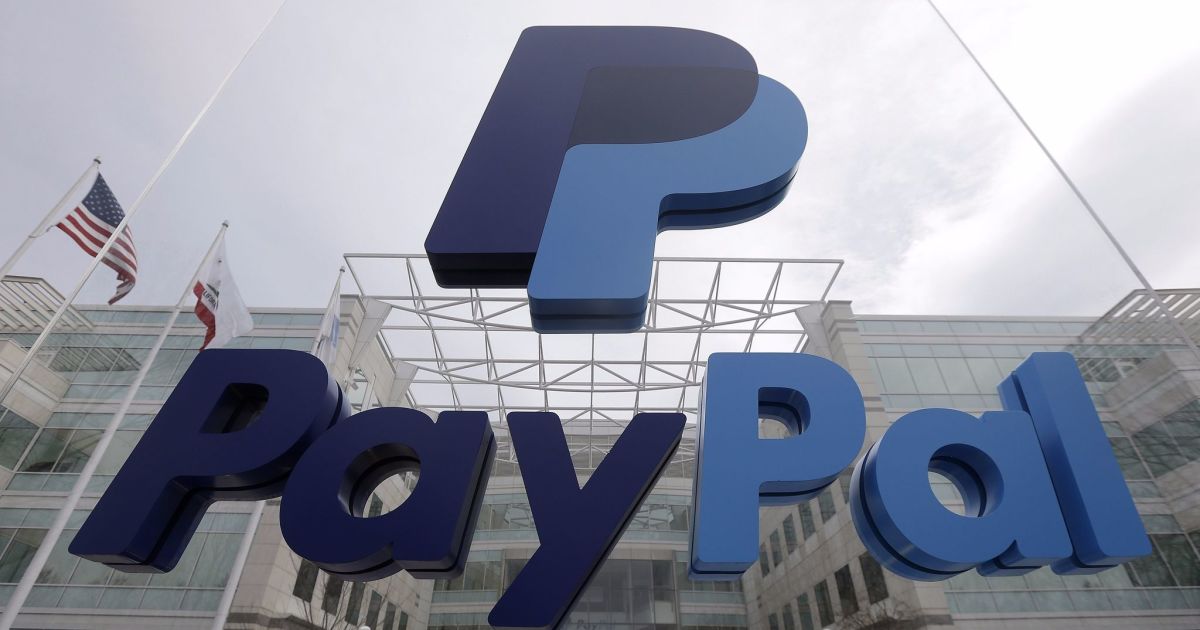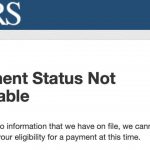
Electronic payments giant PayPal Holdings Inc. declared a deal to acquire the downtown Los Angeles-based mostly Honey Science Corp. for $4 billion Wednesday, marking the biggest acquisition of a tech business in L.A. historical past.
The order of the start off-up, which helps make a preferred browser extension that enables end users to assess prices though procuring on the internet, eclipses Amazon.com Inc.’s acquisition of video clip doorbell organization Ring in 2018 for $1.8 billion and Facebook’s $2-billion buy of virtual actuality headset organization Oculus VR in 2014.
Honey permits its 17 million consumers to compare prices around time, make purchasing lists and take part in rewards packages with spouse suppliers these types of as Walmart, Amazon, Macy’s and EBay, PayPal’s initial father or mother organization. With this acquisition, PayPal plans to incorporate Honey’s technological know-how to its PayPal and Venmo goods, allowing it to extend its interactions with buyers outside of the checkout screen.
“We are hunting to grow to be a section of our consumers’ life,” PayPal Chief Govt Dan Schulman stated on a contact with reporters and analysts. “I believe this will be a transformative acquisition for PayPal. It significantly accelerates our capabilities and widens our sector relevance.”
Schulman cited research discovering 40% of e-commerce profits transpire immediately after a specific bring about event, this kind of as the cost-fall alerts Honey sends to customers. Japanese e-commerce large Rakuten made available a identical rationale for its new $1-billion invest in of discounts internet site Ebates.
Honey was rewarding in 2018, PayPal said in a statement. The 7-calendar year-previous start off-up will preserve its headquarters in Los Angeles, in which it has been due to the fact its founding in 2012, and the founders will continue on to run the business enterprise.
William Hsu, co-founder and husband or wife of Santa Monica venture capital fund Mucker Capital, the to start with investor in the start-up, recalled that he passed on the firm when co-founder Ryan Hudson initially came contacting.
“The 1st time Ryan pitched us, we basically were too stupid to spend,” Hsu reported. “They truly couldn’t raise income from any one in L.A. for a pair years, so he took a task and kept running Honey on the aspect.”
The next time Hudson and co-founder George Ruan obtained in contact, the corporation experienced hundreds of hundreds of shoppers making use of its browser plug-in, and Hsu was convinced.
To begin with, Honey experienced no money coming in. The tipping position arrived when it crossed the 1.5-million consumer threshold. “That’s when the commerce firms started proactively achieving out,” Hsu said, and Honey begun slicing deals for a commission on gross sales it drove.
By 2018, the get started-up experienced yearly revenues of $100 million, with a 100% expansion rate, in accordance to figures cited on the convention simply call. With general public marketplaces showing signs of souring on tech start out-ups powering their growth through substantial yearly losses, in the wake of Uber’s disappointing first public offering and WeWork’s aborted one particular, Honey’s combination of momentum and profitability helps explain PayPal’s willingness to shell out a multiple of 40 situations 2018 revenues.
“It’s not one of these begin-ups that burns a billion bucks a year,” Hsu said. Even so, he said, “certainly, this valuation was larger than we envisioned.”
Honey is PayPal’s initially main acquisition this year, immediately after a string of offers past year that incorporated Hyperwallet, IZettle and Simility. PayPal has extra than $10 billion in money, and executives recently signaled the company’s openness to acquisitions.
“You can count on us to be acquisitive going forward,” Schulman said on a meeting contact with analysts this summer season. PayPal looks at hundreds of probable deals every quarter, he claimed, describing acquisitions as “a part of who we are on an ongoing foundation.”
PayPal shares fell as significantly as 2.3% in prolonged buying and selling soon after the news.
Bloomberg contributed to this report.




